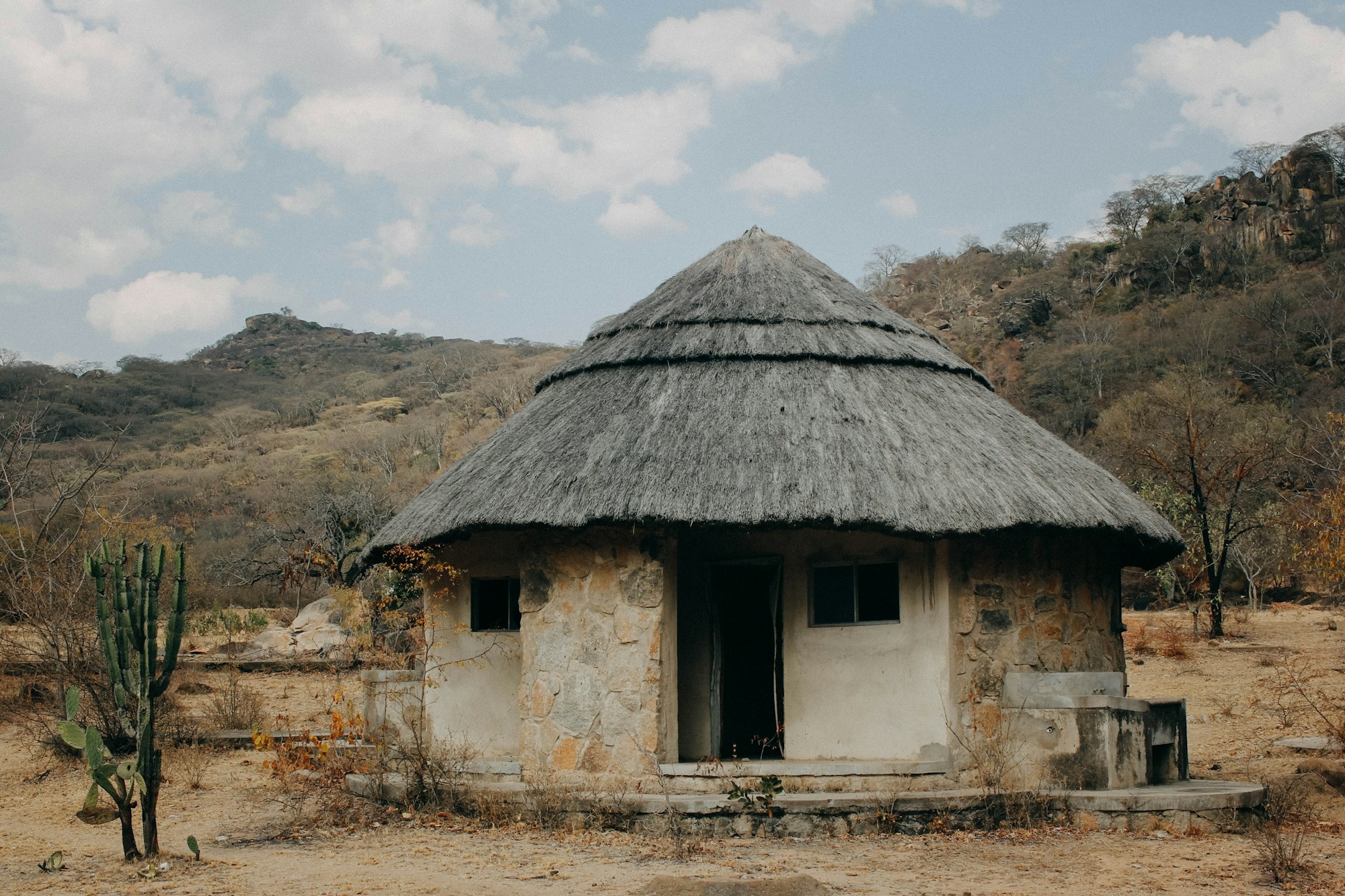Discover Zimbabwe: A Comprehensive Travel Guide

Discover Zimbabwe: A Comprehensive Travel Guide
Welcome to Zimbabwe, a stunning country located in southern Africa. With its rich history, diverse wildlife, and breathtaking landscapes, Zimbabwe is a must-visit destination for travelers seeking unforgettable experiences. From the magnificent Victoria Falls to the abundant safari opportunities, this guide will provide you with all the information you need to plan an incredible trip to Zimbabwe.
1. Getting There
Zimbabwe is easily accessible by air, with international flights arriving at the main international airports in Harare and Victoria Falls. There are also several domestic airports that connect different parts of the country.
Alternatively, you can enter Zimbabwe by road from neighboring countries such as South Africa, Botswana, Mozambique, and Zambia. The roads are well-maintained, making it a convenient option for those who enjoy road trips.
2. Best Time to Visit
The best time to visit Zimbabwe depends on the activities you wish to engage in. The dry season, from May to October, is perfect for wildlife viewing as animals gather around water sources. The rainy season, from November to April, is ideal for bird watching and seeing the lush vegetation come to life.
However, if you're planning to visit Victoria Falls, the best time is between June and August when the water levels are high, offering a magnificent display of nature's power.
3. Top Destinations
3.1 Victoria Falls
Voted one of the Seven Natural Wonders of the World, Victoria Falls is a must-see attraction in Zimbabwe. The mighty Zambezi River plunges down a 355-foot cliff, creating a breathtaking spectacle of mist and rainbows. Take a guided tour to witness the falls up close or experience the thrill of white-water rafting in the rapids below.
3.2 Hwange National Park
Hwange National Park is Zimbabwe's largest game reserve and an exceptional destination for wildlife enthusiasts. Explore the park on a guided safari and encounter a diverse range of wildlife, including elephants, lions, rhinos, and giraffes. You can also camp under the stars for a truly immersive experience.
3.3 Matobo National Park
Matobo National Park is a UNESCO World Heritage Site renowned for its stunning granite rock formations and ancient rock art. Embark on a guided hike to explore these amazing geological wonders or discover the park's rich history by visiting the burial sites of Cecil Rhodes and other prominent figures.
3.4 Great Zimbabwe
Great Zimbabwe is an archaeological site that was once the capital of the Kingdom of Zimbabwe. Marvel at the impressive stone structures, including the Great Enclosure, which dates back to the 11th century. Guided tours provide insights into the history and significance of this UNESCO World Heritage Site.
4. Cultural Experiences
Zimbabwe is a country with a vibrant and diverse culture, and there are many opportunities to immerse yourself in the local way of life.
Visit traditional villages and interact with the friendly Zimbabwean people to learn about their customs and traditions. You can also experience traditional dances, music, and taste local cuisine, such as sadza (a maize-based porridge) and biltong (dried meat).
Additionally, don't miss the chance to explore the bustling markets and purchase unique arts and crafts, including intricately designed wooden sculptures and colorful woven baskets.
5. Practical Information
5.1 Visa Requirements
Most nationalities can obtain a visa upon arrival in Zimbabwe. However, it is advisable to check the latest visa requirements before traveling.
5.2 Currency
The official currency in Zimbabwe is the Zimbabwean dollar. It is recommended to carry some cash, especially for smaller establishments, as credit cards may not be widely accepted.
5.3 Health and Safety
Before traveling to Zimbabwe, consult your doctor regarding necessary vaccinations. It is also recommended to take precautions against mosquito-borne diseases, such as malaria, by using insect repellents and sleeping under mosquito nets.
When exploring wildlife areas, follow the instructions of your guides to ensure your safety and the wellbeing of the animals.
